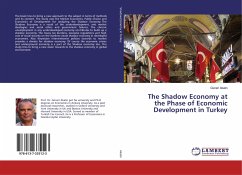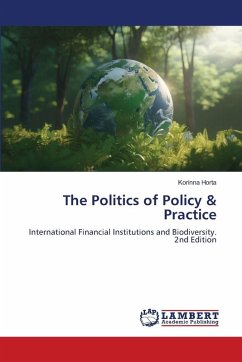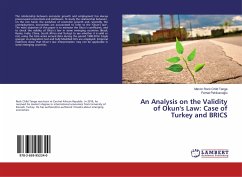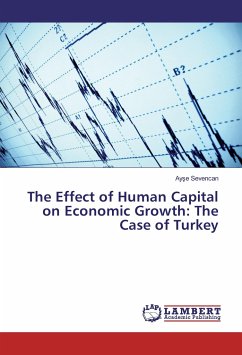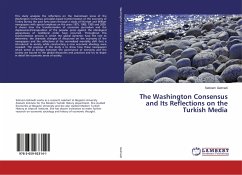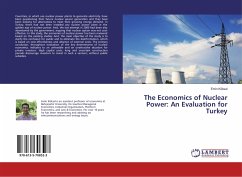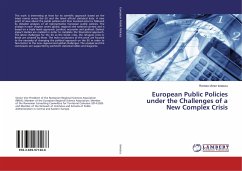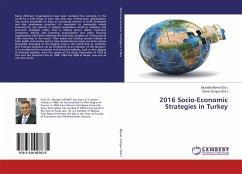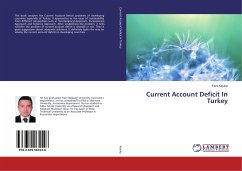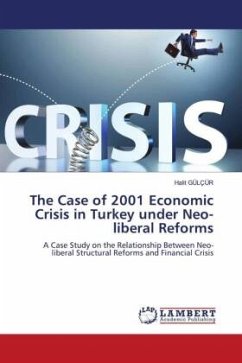
The Case of 2001 Economic Crisis in Turkey under Neo-liberal Reforms
A Case Study on the Relationship Between Neo-liberal Structural Reforms and Financial Crisis
Versandkostenfrei!
Versandfertig in 6-10 Tagen
56,99 €
inkl. MwSt.

PAYBACK Punkte
28 °P sammeln!
The 2001 crisis was a reasonable opportunity for Turkey to change its economic policy and develop a new growth model. However, neoliberalism continued to exist intensively in the post-2001 period as a result of both the pressures of international capital and its roots in local politics. In this context, mainstream theories such as the prevention of corruption and democratization have been used to place renewed economic codes in the state. In retrospect, foreign dependency, chronic inflation, and instability, which are some of the main economic problems of Turkey, continue to exist, and only th...
The 2001 crisis was a reasonable opportunity for Turkey to change its economic policy and develop a new growth model. However, neoliberalism continued to exist intensively in the post-2001 period as a result of both the pressures of international capital and its roots in local politics. In this context, mainstream theories such as the prevention of corruption and democratization have been used to place renewed economic codes in the state. In retrospect, foreign dependency, chronic inflation, and instability, which are some of the main economic problems of Turkey, continue to exist, and only the actors with which the country interacts to find solutions for these problems are changing.



